Janacek’s Jenufa, his first great opera, had a one-night stand at the Royal Festival Hall last Monday, courtesy of the wonderful Czech Philharmonic Orchestra conducted by Jiri Belohlavek, the Czech Philharmonic Choir Brno, a large body that had all of five minutes’ singing, and a mainly excellent cast, with Karita Mattila making her transition from the title role, which she has so often performed to powerful effect, to that of the Kostelnicka, the terrifying figure of rectitude who drowns her daughter-in-law’s illegitimate baby rather than bring disgrace on the family.
The opera was performed strictly as a concert, with no interactions between the characters, and no appropriate facial expressions from any of the singers apart from Ales Briscein as the lovelorn Laca, and possessor of the loveliest voice on the stage, a true Czech tenor in the mould of Beno Blachut. It was surprising how much that lack of contact mattered, but it also struck me that some operas are much more suitable for concert performances than others, and that among those that aren’t Janacek’s occupy a leading place. His operas are intensely physical and atmospheric, but the music fails to provide the physicality or atmosphere. It is odd, because the music has its own very particular quality, which strikes one as physical — the sheer aural impact of those jagged lines and harsh harmonies. Yet they are not in synch with the stage action.
Take the terrible moment in Act I when Laca, driven mad by his wastrel half-brother Steva, by whom Jenufa is pregnant, slashes her face with a knife. It makes a shocking impact on stage, but there is nothing in the music corresponding to that slash. Further — and this is a gripe I have often meant to air — while the surtitles translate almost everything anyone says, they never tell one what is going on, which is at least as important. It wouldn’t have occurred to anyone unfamiliar with Jenufa that Laca was disfiguring her, nor a thousand other things in this very incident-packed opera. The same would apply to Susanna’s entry from the closet in Act II of Figaro, and many other operatic crucial moments. Wagner’s music is so graphic that one can tell merely from it what is happening on the stage, but he is unique.
Another aspect of Janacek’s art is that, when his operas are staged, you realise that he is intent, often, on creating a sense of dislocation between the action and words, and the wildly lyrical music that accompanies them. But for that you need the stage and the scenery. The mill at the start of Jenufa, clearly heard in the orchestra, needs to be seen as well if one is to know what those sounds evoke or represent. The claustrophobia of a Moravian mountain village, in which propriety is so important and impropriety so harshly judged, is just as vital. Janacek was a great admirer of the veristi and of Puccini, but even some of the weaker members of that group, contemporaneous with the long-drawn-out composition of Jenufa, create an atmosphere in a way he seems uninterested in doing: think of the opening of Cavalleria Rusticana and how much it sets a colour and tone that Jenufa doesn’t.
How much of that is inadvertent I don’t know. But it is a part of the frequent dislocation of the score and the music in Janacek’s operas, though it is by no means ubiquitous in them. Sometimes he seems passionately to identify with his heroines, especially if they are young and vulnerable; sometimes he seems more like a Greek god, fascinated by what the mortals are up to but not interested in improving their lot. He invites us to take a similarly double view, and usually succeeds. I think that in this he is unique, and uniquely great — but again, that only a full, sensitive staging will impart this duality.
It certainly did not come across at the Festival Hall. I would have preferred Belohlavek to have got his orchestra to sound harsher from the start, which they are well able to do. The opening scene, much of which sounds more Dvorakian than Janacekian, seemed mainly irrelevant to what emerged from it, despite the marvellous singing of Briscein, and of Svatopluk Sem as the foreman. Steva, the villain of the piece, should sound more characterful than Jaroslav Brezina was able to make him. The title role was sung by Adriana Kohutkova, with intelligent and beautiful intentions, but a voice that was sometimes too hard, sometimes too soft, for their realisation. Mattila, in the key role, had her head buried in her Dover score for most of the time, and fiddled with her shoulder straps maddeningly. She rose to the challenge of the end of Act II, but otherwise only scratched the surface of a role that she has observed from the closest quarters many times.
Even so, the work had an impact shattering enough to make the thoughtlessly instantaneous ovation it received clear proof that operatic audiences go for the performers rather than the work.
Got something to add? Join the discussion and comment below.
Get 10 issues for just $10
Subscribe to The Spectator Australia today for the next 10 magazine issues, plus full online access, for just $10.

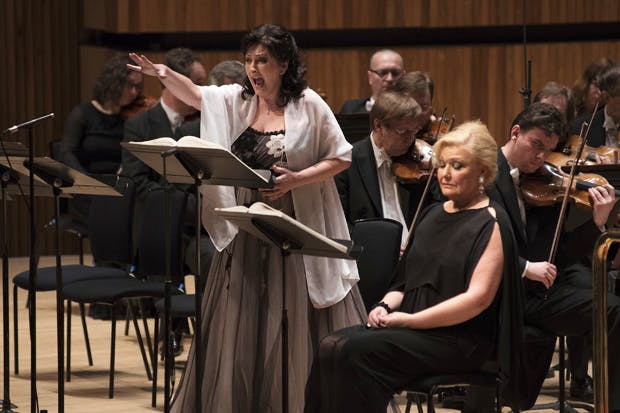
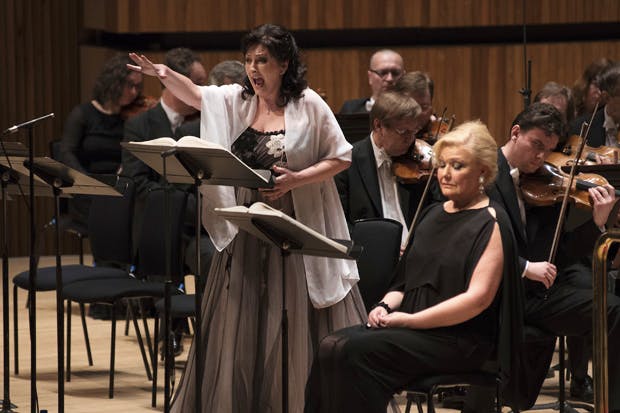

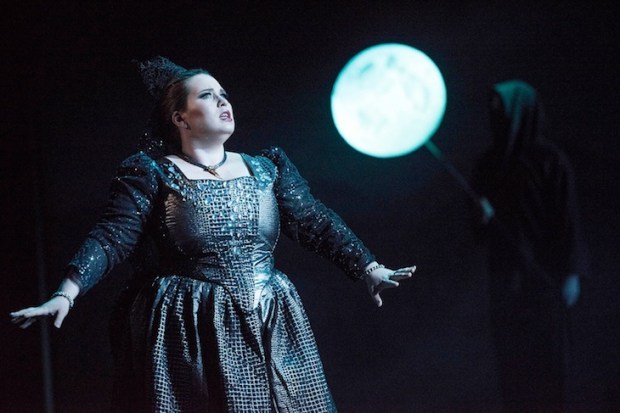
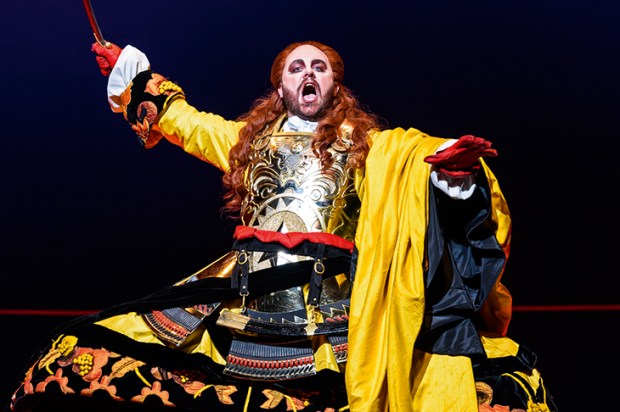
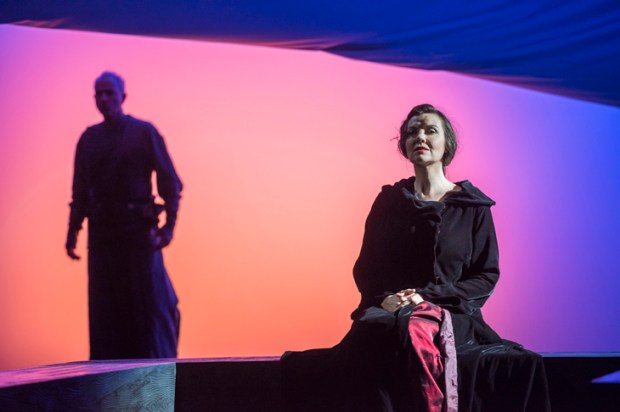
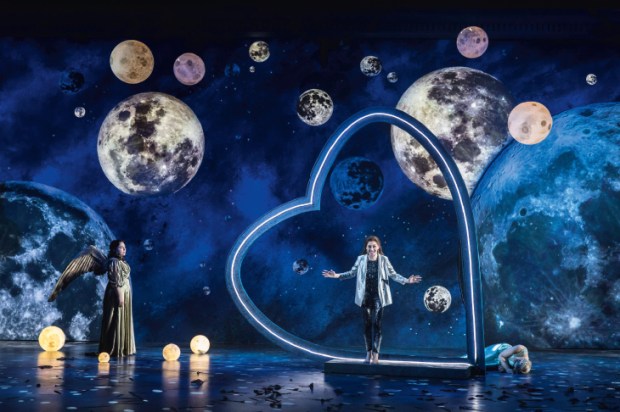






Comments
Don't miss out
Join the conversation with other Spectator Australia readers. Subscribe to leave a comment.
SUBSCRIBEAlready a subscriber? Log in